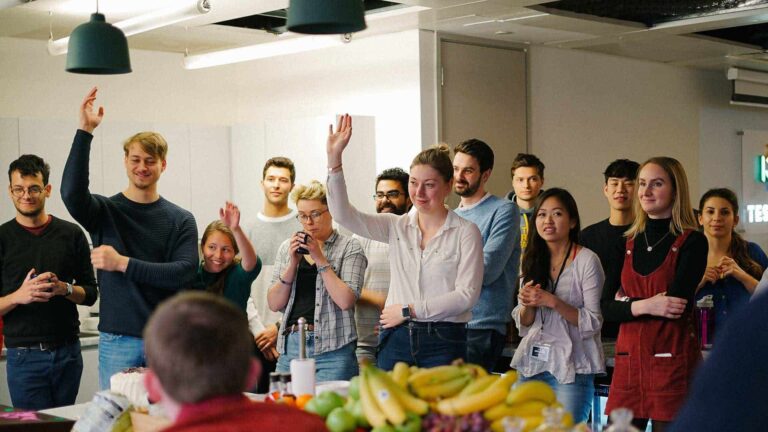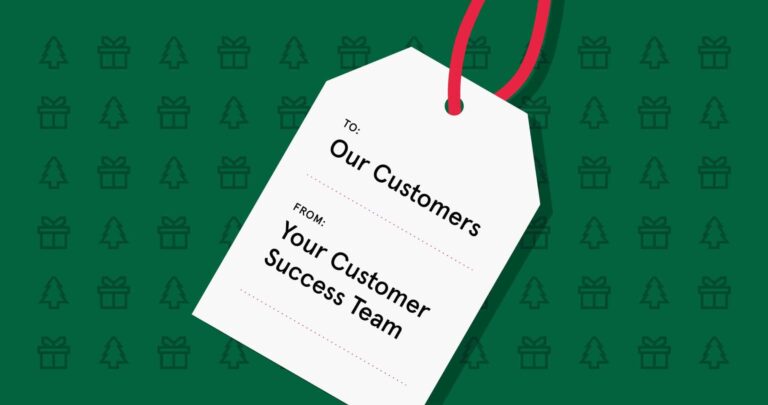“I can’t ….”
“I’m an anxious person.”
“I’m bad with numbers.”
“I don’t understand the technical stuff; it’s just not for me!”
Sound familiar? These are the limiting beliefs of someone stuck in what Dr. Carol Dweck, Stanford University psychologist and author of Mindsets: The New Psychology of Success, termed “fixed mindset.”
The problem with a fixed mindset
If you’re in the “fixed mindset” camp, you most likely avoid challenges, don’t like failure (flag! can be prone to sandbag), ignore feedback, and believe you’re stuck with what you’ve got: your intelligence, talents, and abilities.
You’re simply what you are.
People in this camp often rely on talent alone and will spend time looking for praise and recognition vs building on past successes, seeing the silver lining in failures, and getting better.
If you say out loud that you’ll never understand the technical stuff … your team will believe it and more importantly, YOU will believe it. The opportunity to learn will end there. The very language we use to describe our limitations makes those limitations a reality.
This can be especially limiting when it comes to doing things out of your comfort zone.
Why mindset matters when you’re out of your comfort zone
The mindset you have will likely how you react when you’re out of your comfort zone.
To keep it simple, there are likely only three directions you’ll gravitate towards when you’re out of your comfort zone:
- Flight: You’ll freak out and run the other way, seeking shelter and safety
- Fight: You’ll get angry, irritated, or annoyed by the situation
- Freeze: You’ll freeze in your tracks, not able to move the conversation forward, hoping no one notices
This is where a “growth mindset” comes in.
Source: Jud Brewer, MD PhD
The learning zone: A growth mindset
You want to find space between the trigger and your response (i.e. fleeing, fighting or freezing) where you can plant your feet firmly on the ground, step into the chaos, and try to learn from the difficult situation.
If you’re in the “growth mindset” camp, you believe your intelligence, talents, and abilities can grow through Grit & Perseverance (a Tessian value!).
What you’re born with is just the foundation, which cultivates an insatiable desire in you to continue learning and improving.
How is Tessian championing a growth mindset?
In the last year, we created a Global Leadership Team (GLT) to help our people work on personal and leadership growth.
-
What is our GLT?
Our GLT is comprised of 25 leaders across Tessian who meet monthly with the sole aim of developing their leadership skills. One of our core focuses this year has been developing a “Growth Mindset”.
We focused on growth mindset because an essential part of scaling a hyper-growth start-up is building a culture where your people are unafraid to set moonshot goals.
But to set these ambitious moonshot goals, we also need to be comfortable with failing fast, iterating, and continuing to build. As Simon Sinek says “What good is an idea if it remains an idea? Try. Experiment. Iterate. Fail. Try again. Change the world.”
At Tessian we want to change the world of cybersecurity.
During our GLT sessions on growth mindset, our biggest takeaway was that we need to change how we view our failures. This change of mindset takes time, but we’ve already begun relishing in challenges, because mistakes and setbacks aren’t a reflection on us — just on our preparation and current ability, which are adaptable. We can grow!
Tips to help you adopt a growth mindset
We’re creating a culture where our leaders are open to feedback, accountable for their own growth, and resilient to take on new challenges — we are seeing the impact of this with increased creativity, innovation, and bottom-line growth.
So, how can you adopt a growth mindset?
Here are three of the core “growth mindset” tenants we implemented:
- Openly recognize and reward the value of learning from failure with your team. Failure is inevitable when it comes to running a team. So when you’re running a retrospective, it’s a good idea to openly speak about your own failures and those of the team, plus the lessons you learned. This will help create a culture where failure is recognized as a learning tool. Result? Your team will be encouraged to grow and take innovative risks.
- Embed a company or leadership value that focuses on perseverance. A great organization doesn’t grow overnight. The fruits of growth require time, which means perseverance is key. We found having a company value around “Grit & Perseverance” helped to better embed this concept throughout our teams. We speak about it at our Town Halls, Weekly All Hands, and Performance Reviews. The company is clear on how important it to push through failure, treat obstacles as challenges, and persist in spite of difficult situations to produce more impactful results.
- Pay close attention to the language you use in 1:1s with your direct reports and team meetings. Top tip: Remove the “you can’t” mindset and adopt a “how can you” mindset with your team. Also, think about moving from “this was a failure” to “we failed, this is what we learned, now let’s go make this even better”. Everyone has desires, and most of us can channel our efforts toward diligent work. But the ability to overcome constant failure has proven to be the distinguishing factor between ‘good’ and ‘great’. Language will help motivate your teams to keep coming back from failures; they will feel it’s safe for them to fail. (Hint! This is all about psychological safety).
If you want to learn more about growth mindset, here are some of our favorite resources:
Inspired by this article? Share it with your network on LinkedIn and Twitter! Or, if you’re looking for more insights into how we work at Tessian, subscribe to our newsletter below.
Samantha Holt
Chief of Staff













